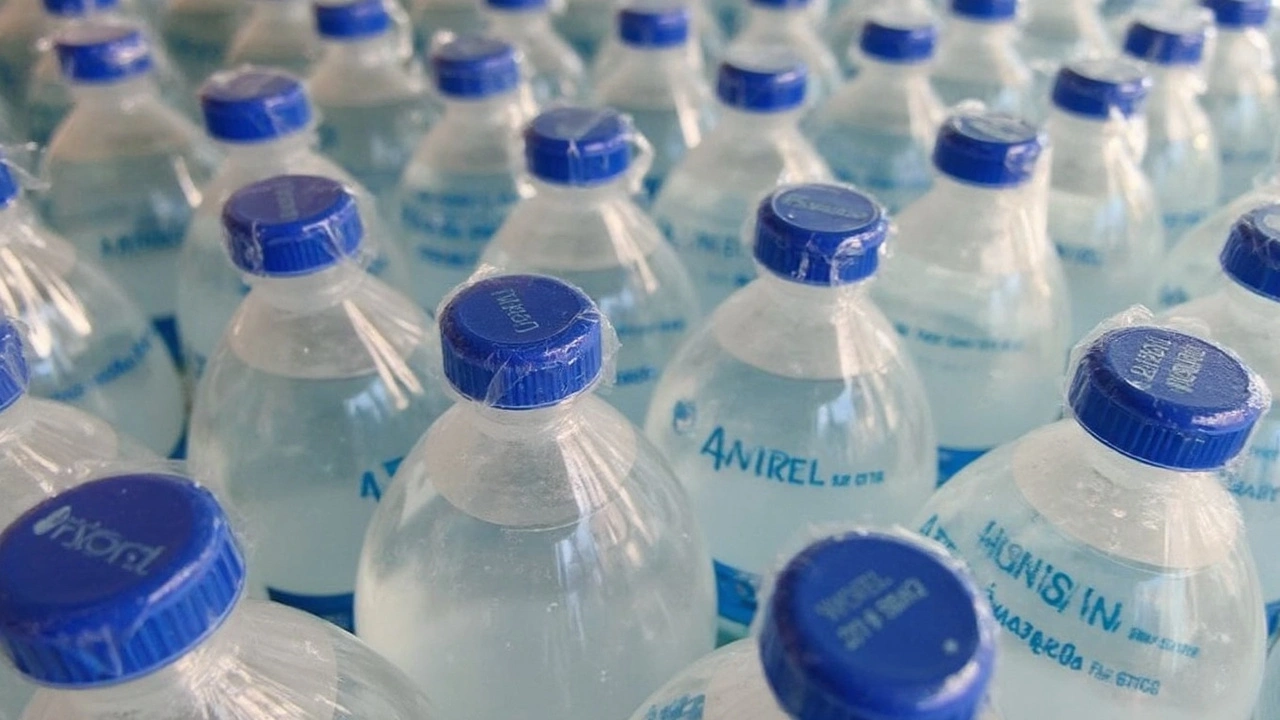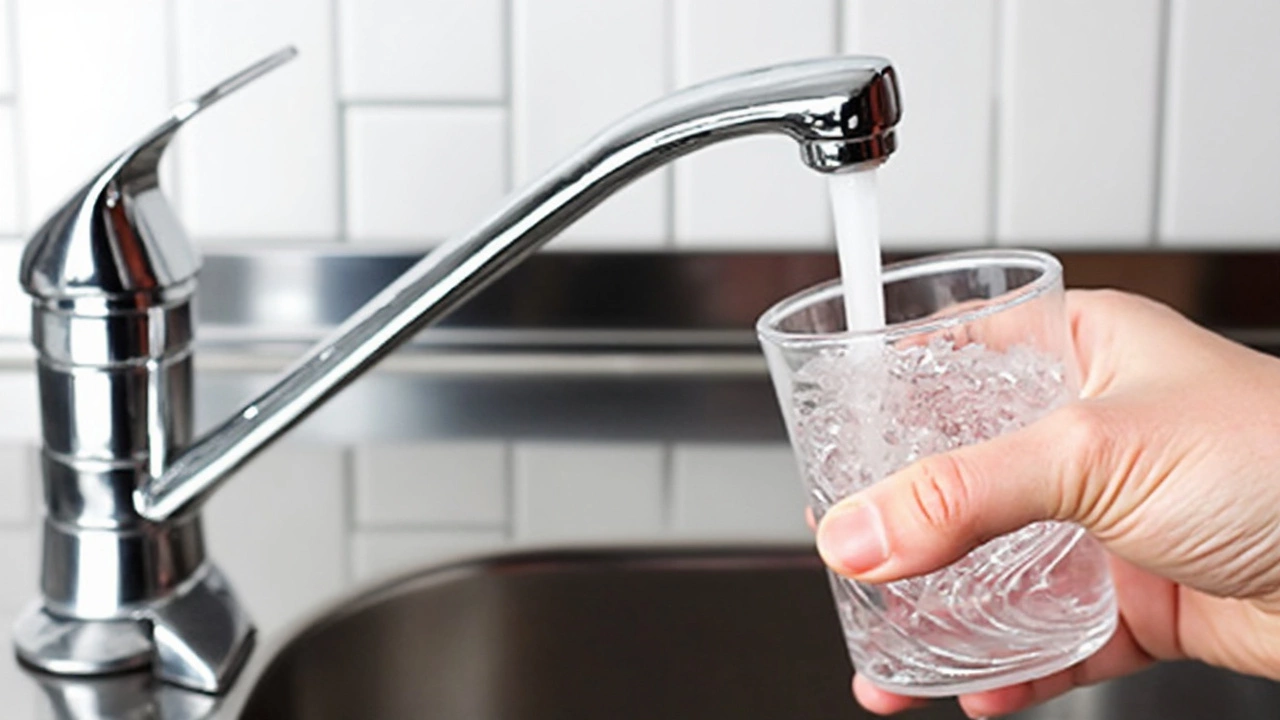Thousands in Northern Limburg Told to Boil Water After E. Coli Discovery
Imagine waking up and realizing your drinking water isn’t safe anymore. That’s precisely what happened to about 14,000 households in northern Limburg, as E. coli bacteria were detected in their tap water. The official boil-water notice covers parts of Venray, Bergen, and Horst aan de Maas—communities not usually associated with water quality scares. The warning first came out over the weekend and has just been stretched to last until at least Thursday, October 17, 2024.
Waterleiding Maatschappij Limburg (WML), the region’s main water supplier, hasn’t taken any chances. They’re telling people to vigorously boil all tap water used for anything from drinking and cooking to brushing teeth and even feeding pets and barn animals. Specifically, water should be boiled for a minimum of three minutes—just to be absolutely certain those nasty bacteria are dead and gone.

Tracing the Source and Impact of the Contamination
So how did E. coli, a bacteria usually found in the intestines of humans and animals, wind up in the purified water system? Investigators at WML have traced the outbreak to a storage tank at a pumping station in the village of Grubbenvorst. That tank is now cut off from the wider water network, but it’s not yet clear exactly when or how the bacteria managed to slip past layers of filtration and safeguards. The company assures people that a full probe is underway.
The side-effects of this alert have hit daily life in the area. As soon as the news broke, folks rushed to stock up on bottled water, leading to empty shelves across local supermarkets. In plenty of shops, bottled water simply vanished—leaving some residents frustrated and others scrambling for alternatives.
This isn’t an isolated incident in the Netherlands this autumn. Earlier this month, over 70,000 households in Apeldoorn were hit by another E. coli scare, though officials are pretty clear these cases aren’t connected. The Apeldoorn incident fell under the watch of Vitens, a different water supplier. Still, the sudden focus on E. coli outbreaks is making people everywhere ask just how safe their tap water really is.
For Limburg, WML has promised to keep people updated on which neighborhoods are affected, posting details online and encouraging everyone to stick to the boil notice until further tests show the water’s safe again. Until then, life in parts of Venray, Bergen, and Horst aan de Maas will revolve around kettles and boiling pans—a stark reminder of how quickly something as basic as water security can get complicated.
